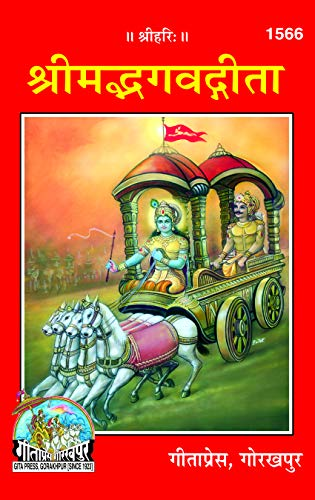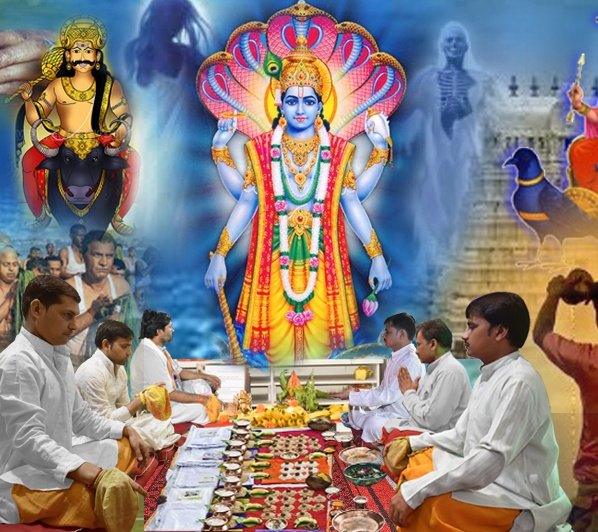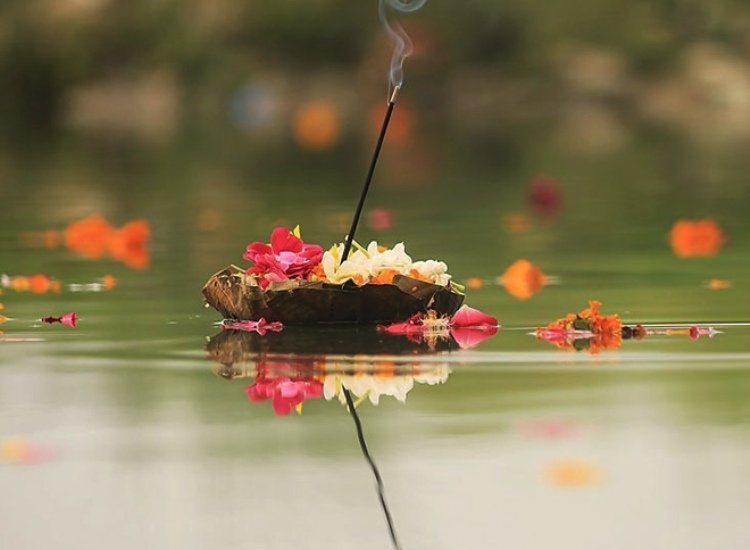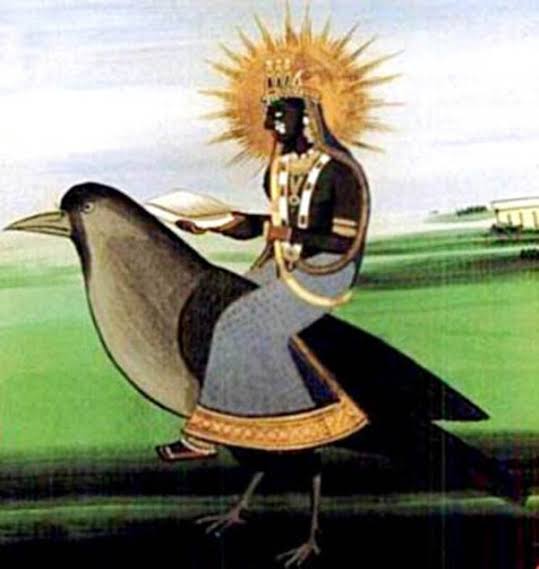Good morning all sweet souls,
Let me tell you one incident from our scripture shared on Hinduism stackexchange, take a deep breath and read on.
Bharavi is a classical Sanskrit poet. He was a child prodigy who was routinely praised by everyone who knew him 1/n
Let me tell you one incident from our scripture shared on Hinduism stackexchange, take a deep breath and read on.
Bharavi is a classical Sanskrit poet. He was a child prodigy who was routinely praised by everyone who knew him 1/n
People praised him effusively to his parents. However, every time his father heard his son's praises he used to brush it off and negate it with a "oh he is just a kid; he is definitely not all that;has a long way to go" etc.
This went on for a long time.
This went on for a long time.
Bharavi grew extremely resentful of his father.He failed to understand why his father was casting a shadow on his genius and impeding his progress and reducing his glory.
The resentment grew so much that he could not bear it any more and....
The resentment grew so much that he could not bear it any more and....
...and decided to eliminate impediments to his fame (i.e., he decided to take his father's life).
One afternoon, he lay in wait on the loft above his father's cot where the father usually came to nap after lunch. .
One afternoon, he lay in wait on the loft above his father's cot where the father usually came to nap after lunch. .
He had a big boulder with him and was going to drop it on his father's head when the old man drifted off to sleep. Soon, lunch was over and father came to lie on the cot.
Mother came to him and sat on the cot and offered him tamboolam.
Mother came to him and sat on the cot and offered him tamboolam.
She started talking (Bharavi was obviously listening)
She said " Why do you disparage our son. How can you not see his genius when everyone else is able to. Why do you insist on hurting him and making him feel small".
She said " Why do you disparage our son. How can you not see his genius when everyone else is able to. Why do you insist on hurting him and making him feel small".
Father replied " Dear, how can you not know that our son's progress is a matter of pride and achievement for me. However, do you also not know that elders praising children results in shortening of their lifespans (AyuHkShINam)?
I cannot bear for my son to suffer thus.
I cannot bear for my son to suffer thus.
All the elders praising him pains me for this reason. I want our son to have a long life and for his genius to further increase and for his fame and glory to spread much further. This is why I try to counter the negative effects of all the elders' praises."
Bharavi is listened silently and could not stop weeping. He immediately came down and fell at his father feet. He confessed his intent to kill his father and begged for his forgiveness and reparations. Father felt very sad.
He went silent for a minute, opened his eyes and said to Bharavi "Go to your father-in-law's house. Live there for a whole year. Do not leave their house under any circumstances".
Bharavi took his parents' blessings and set off. He was received with great joy and respect.
Bharavi took his parents' blessings and set off. He was received with great joy and respect.
He was treated like a king for the first week. Gradually as they saw no signs of his leaving, they slacked off with the adoration and waiting hand-and-foot. Not only was there no good treatment, he was put to work in the house like a member of the family and later like a servant.
The situation deteriorated to such an extent that he was finally made to work in the cowshed cleaning up animal leavings inter alia.
Bharavi stoically bore all this ill-treatment, introspected, cleansed his soul of the dushkarma and during this period in the cowshed produced one of the 5 mahakaavyas in Sanskrit, viz, "kirAtArjunIyam".
Moral of the story - the person must ask the parents for suitable punishment. Bharavi's punishment broke his ego(which caused the dushkarma) to such an extent that there was no other way but to give birth to a pure, cleansed being.
The Kirātārjunīya, an epic poem in eighteen cantos, is his only known work. It "is regarded to be the most powerful poem in the Sanskrit language"
Despite using extremely difficult language and rejoicing in the finer points of Sanskrit grammar, he achieves conciseness and directness. His alliteration, "crisp texture of sound", and choice of metre closely correspond to the narrative.
He is Kalidasa of southern india 🙏
He is Kalidasa of southern india 🙏
The question asked was : Any prayaschitta for people who have beaten up their parents?
hinduism.stackexchange.com/questions/2203…
hinduism.stackexchange.com/questions/2203…
• • •
Missing some Tweet in this thread? You can try to
force a refresh

















